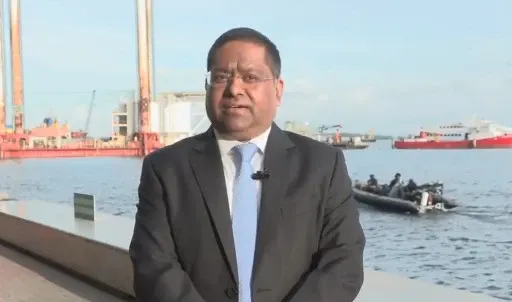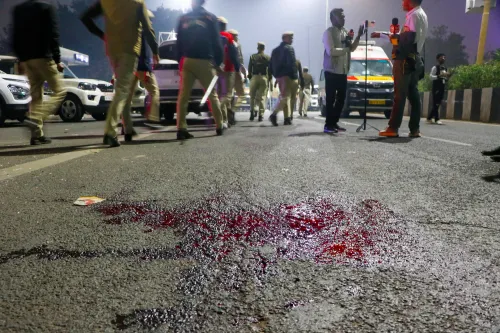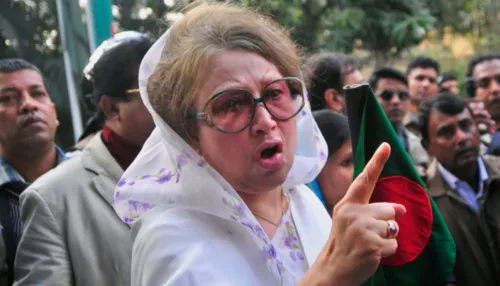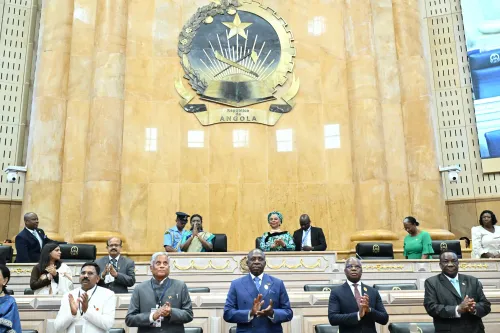How is PM Modi’s Visit to Trinidad & Tobago Strengthening Bilateral Relations?

Synopsis
Key Takeaways
- Historic Visit: PM Modi's visit is the first by an Indian PM to Trinidad and Tobago in 26 years.
- Cultural Links: 45% of Trinidad's population is of Indian descent.
- Emotional Connections: The diaspora maintains strong ties with their ancestral roots in India.
- Bilateral Relations: The visit signifies a renewed commitment to strengthen diplomatic ties.
- Language Connection: Jaiswal's use of Hindi and Bhojpuri enhances cultural engagement.
Port of Spain, July 4 (NationPress) The spokesperson for India’s Ministry of External Affairs, Randhir Jaiswal, expressed a profound statement in Port of Spain on Friday, underscoring the historic importance of Prime Minister Narendra Modi’s visit to Trinidad and Tobago, stating that this visit signifies a renewed commitment to fortifying bilateral relations.
In an effort to engage the Indian-origin community, Jaiswal spoke in both Hindi and Bhojpuri, emphasizing the deep-rooted cultural and historical links between India and Trinidad and Tobago.
“The esteemed Prime Minister of India, Shri Narendra Modi, has arrived today in the capital city of Trinidad and Tobago, Port of Spain, marking a historic milestone. Upon his arrival, he received a warm welcome from the Prime Minister of Trinidad and Tobago, Mrs. Kamla Persad-Bissessar, along with her Cabinet members and other dignitaries,” Jaiswal stated.
He highlighted the significance of this visit, noting the lengthy interval since such a high-level interaction: “This visit is momentous for India as it is the first time in 26 years that an Indian Prime Minister has visited Trinidad and Tobago. It symbolizes a renewed commitment to enhancing our bilateral ties.”
Jaiswal further emphasized the robust people-to-people connections, stating, “The population of this nation is approximately 1.3 million, with around 45 percent being of Indian descent. This makes the relationship between India and Trinidad and Tobago unbreakable.”
He acknowledged the ancestral roots of the Indian diaspora, noting, “Most of the Indian-origin individuals here trace their lineage back to the states of Bihar and Uttar Pradesh in India, particularly from Bhojpuri speaking regions such as Chapra, Arrah, Ballia, Siwan, Gopalganj, Varanasi, Azamgarh, and others.”
By speaking to the diaspora in their native languages, Jaiswal recognized the emotional and cultural connections that persist despite the geographical divide.









